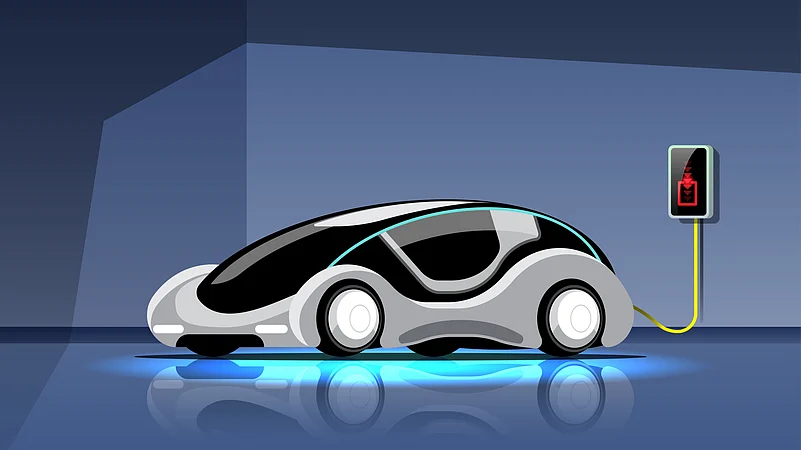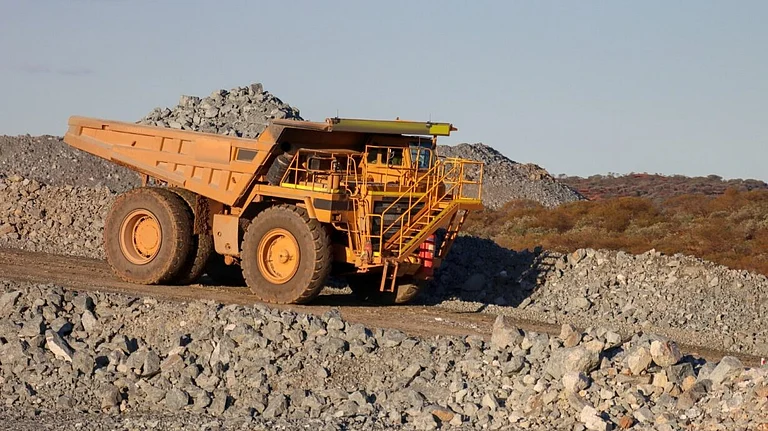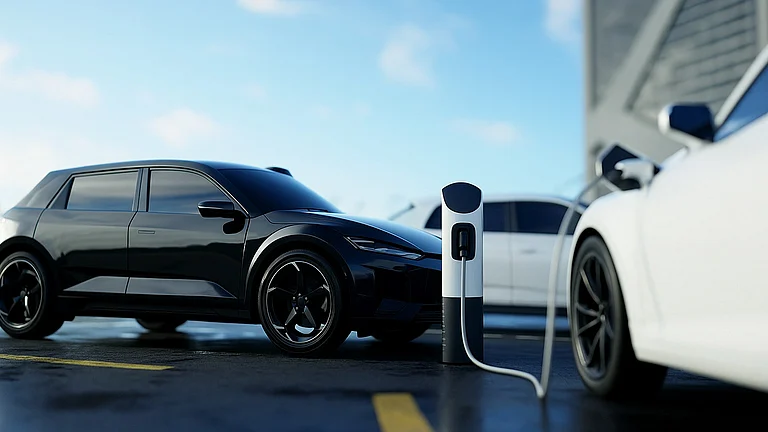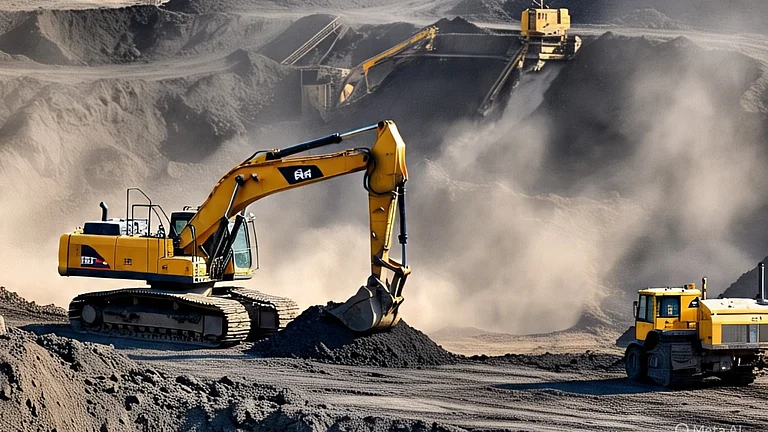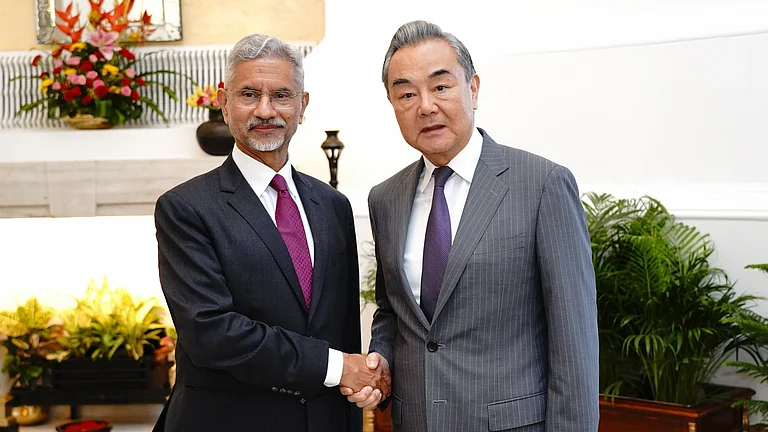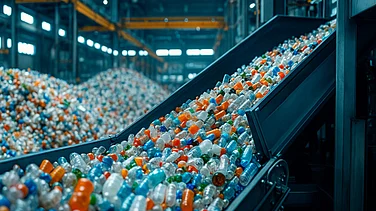
*China’s rare earth export restrictions threaten global supply chains and India’s imports.
*Recycling electronics and industrial waste can meet India’s rare earth domestic demand.
* National Critical Mineral Mission strengthens India’s self-reliance through policy, technology and recycling initiatives.
The recent restrictions placed by China on exports of rare earths have put global supply chains in danger. These essential materials, crucial for products like wind turbines, electric vehicles (EV), electronic devices and defence technologies, are becoming harder to obtain.
As a result Indian companies that depend largely on imported materials are already facing the consequences. The answer to this challenge, however, cannot be found in new trade agreements or fresh mining. It lies in something that already exists—urban mining.
Rare earth elements such as terbium, praseodymium, neodymium and dysprosium are crucial for permanent magnets and energy-efficient systems. India imports most of these materials. The recent restrictions on exports highlight the dangers of relying on one country. With China expanding its control, India needs an atmanirbhar strategy to meet its needs. Recycling is among the most practical and immediate paths forward.
Recover, Reuse, Reshape
Products like electronics, automobiles, industrial machinery and solar panels have valuable rare earth magnets and other components. Instead of ending up in garbage, being exported or shredded into unusable scrap, these items can be used to recover high-purity rare earths. This extraction method does not require a new mining process or fresh environmental approvals. The minerals are already in use and are waiting to be reclaimed.
Businesses in India are responding to the current situation. The domestic industry hopes to meet at least 80% of India’s demand for magnets through recycled resources within the next two years. But it is not just about keeping up with demand.
It is also about building an enduring and reliable supply chain for materials essential to India’s strategic industries. Demand for rare earth magnetics is expanding across automotive, clean energy, robotics, electronics and other industries. If the nation depends on imports, rising costs and supply shocks are the main threats.
Recycling also has environmental benefits. Extracting rare earths from waste creates much less pollution than traditional refining and mining. It uses less energy, does not produce hazardous tailings and blocks polluted waste from entering the environment. It is an eco-friendly option as India increases its green production base.
Securing India’s Critical Minerals
The demand for India's annual supply of rare earth magnetics is currently around 6,000 tonnes which is driven in large part by the rise of electric two-wheelers, wind turbines, drones and smart electronics. However, less than 10% of the demand is met through recycling in the country and over 90% of India's rare earth needs are met by imports.
Recognising the wide gap, the government has recently launched the National Critical Mineral Mission (NCMM) with a planned outlay of ₹34,300 crore over a seven-year period. The initiative aims to build an effective framework for India's self-reliance in the critical mineral sector.
India is already home to a large foundation of talented engineers and scientists. With the right set of policies and incentives, India could develop a world-class rare earth recycling system. This is why it is essential to support automated sorting systems, invest in advanced refining methods and have a simplified regulatory framework for the processing of materials that are no longer in use.
However, unlocking this potential at the scale needed will require solid public-private alignment. Beyond NCMM, the overall mining policies focus primarily on iron and coal ore. As a result, rare earth mining is undeveloped despite India being rich in reserves. A comprehensive strategy that reforms mining policy in India as well as promotes rapid recycling could give long-term security of material resources.
India is poised to be at a crucial moment of transition. As China continues to increase its control over global trade chains, there is room for India to lead by implementing an integrated approach that includes scaling up domestic recycling as well as investing in refining and reworking mining laws.
The need to strengthen India’s material sovereignty is more apparent than ever. The next step on our path to progress lies not only in securing borders or increasing GDP but in acquiring the foundations of a new economy. Rare earths are not just industrial inputs but strategic resources. Every drone, EV motor or satellite powered with rare earth magnetics is an indicator of the nation’s resilience.
As the world transitions from fossil fuels to electric power and from traditional technology to intelligent automation, India's control of crucial mineral resources will decide how we shape our future. Recycling rare earths from automobile and electronic waste is a way of building control that is sustainable. It is a field where India can lead and not follow.
Building capacity in this case is not just about decreasing imports. It is about building economic defence systems that are eco-friendly, circular, self-reliant and sustainable. Atmanirbhar Bharat is in action; powered by Indian innovation, protected by Indian technology and driven by Indian resolve.
With the need for rare earth components predicted to triple by 2035, taking action today can not only secure access to the material, it will establish India as a credible supplier in a rapidly fragmenting world economy.







